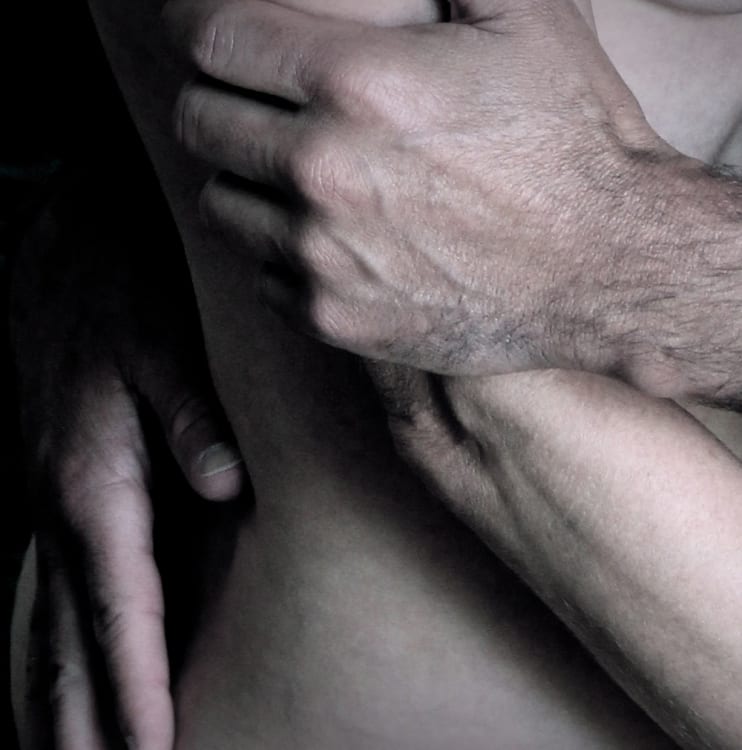An appropriately titled piece, House on Fire looks at the passions which fuel many flings and the longings for genuine companionship. From the start Bernard cuts a strikingly iconic figure against the union’s large-ish black box backdrop, both overtly sensual and undeniably vulnerable. She plays with and against this visual image in the unfolding of her experiences and her embodiment of the men who variously force them on or share them with her.
The text is both sumptuously and efficiently written, like an epic, sensual poem, and it’s clear that Bernard is not only a talented performer. It is a fantastic piece of storytelling that paints pictures with words and the simplest of gestures, therefore allowing her to perform with subtlety the frequent poignancies her character encounters. She has a sharp ear for dialogue and the repartee between her and her camp, chain-smoking agent are a lovely framing device. The absurd, and faintly violating, demands of the commercial castings she attends are also brilliantly observed and irresistibly funny to anyone familiar with the industry.
The introduction of a love song early in the piece feels a little awkward to me and somewhat sentimental in content. However, as her personal experience layers up the song reappears in altered form, a little more knowing, a little less idealistic. Her brassy number about men also gives an injection of faster rhythm into the second act and a nicely upbeat reprise for the end. More than one audience member was singing it on leaving the auditorium, which is always a good sign.
However, I would be betraying my sex and anyone daring to call themselves a feminist these days to not mention what appears to be the overriding message of this solo show. From her teens to middle age, Bernard’s character seems to find her existence solely in her relationships with men and this, along with the iconic visuals, makes the piece feel a little dated. The only alone time we get to observe is the ironic ‘Reservation for One’ number which, whilst humorous, doesn’t quite satisfy my need to see the strong female at the centre of it all. I’m also left troubled by one of her final statements that she only re-finds her smile again when she is swept off her feet by the next seeming hero. This doesn’t undo the brilliance of the writing or its delivery, but it does potentially limit my willingness to journey with her.

